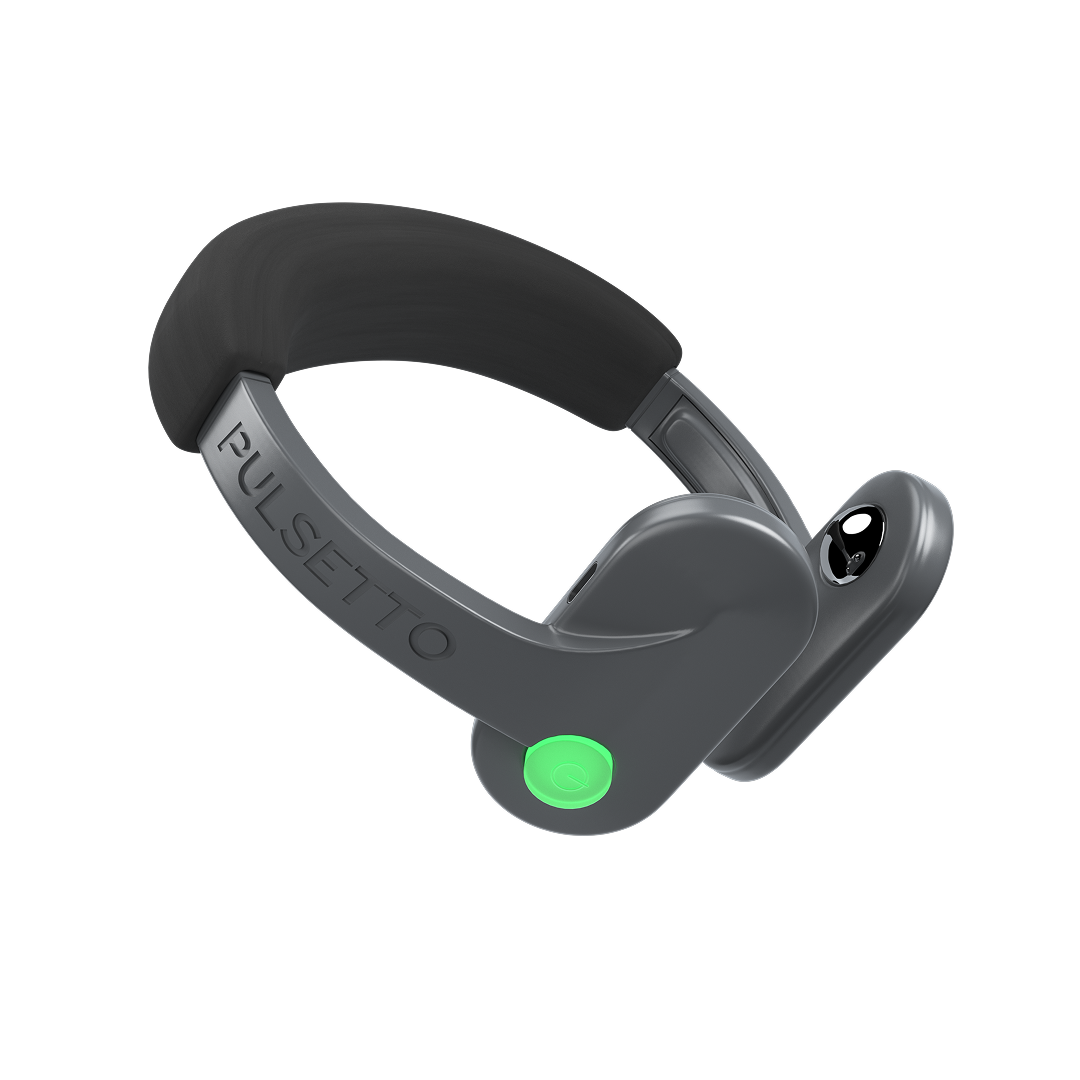Evaluating the Efficacy of Bilateral Non-Invasive Vagus Nerve Stimulation in Reducing Migraine Symptoms: A Prospective Observational Study
Table of contents:
Abstract:
Background:
Migraine is a prevalent neurological disorder and a major cause of disability. Many patients seek alternative or adjunctive approaches when conventional treatments fail or are insufficient. Non-invasive vagus nerve stimulation (nVNS) has been proposed as a promising option because it can modulate neural pathways involved in pain processing and stress regulation. Mechanistic hypotheses include attenuation of cortical spreading depression and modulation of neurotransmitter systems (e.g., serotonin and norepinephrine), alongside autonomic effects that may reduce sympathetic overactivity.
Methods:
Twenty participants (aged 22–65 years) were enrolled in a 6-week pilot feasibility study and stratified by baseline migraine frequency. BnVNS was delivered daily using the Pulsetto device for 40 minutes, with adjustable intensity levels ranging from 4.1 V to 37.8 V. Data were collected daily via a secure anonymized digital platform with automated reminders; adherence was monitored by a third-party service. Outcomes included migraine frequency, pain intensity, mood, stress, and quality of life using the Migraine-Specific Quality of Life (MSQ) questionnaire and custom daily questions. Pre- and post-intervention measures were compared using paired t-tests; p-values and 95% confidence intervals were calculated programmatically.
Results:
Migraine frequency decreased by 40.35% (p < 0.001), pain days decreased by 27.66%, and pain intensity decreased by 42.46% (p < 0.001). Mood improved by 13.89% and stress decreased by 20.29%. Despite symptom improvements, reported quality of life decreased by 9.48%, which the authors attributed to external life stressors reported by several participants (e.g., bereavement, job loss, childcare issues).
Conclusions:
In this small, open-label feasibility cohort, bilateral non-invasive vagus nerve stimulation was associated with substantial reductions in migraine frequency and pain intensity, alongside improvements in mood and stress. The observed decrease in migraine-specific quality of life highlights the influence of external factors on patient-reported outcomes and reinforces the need for controlled designs. Larger randomized studies with longer follow-up and objective endpoints are required to confirm efficacy and assess long-term clinical relevance.
Author:
Dr. Vaidas Dirse
Hematology, Oncology and Transfusion Medicine Center,
Vilnius University Hospital Santaros Klinikos.
Table of contents:
Read more:
Acute Transcutaneous Cervical but not Auricular Vagus Nerve Stimulation Increases Alpha Wave Brain Activity and Lowers Arterial Blood Pressure
Read StudyNon-Invasive Vagus Nerve Stimulation (nVNS) for Pain Management in Bechterew Disease (Ankylosing Spondylitis): A Prospective Open-Label Pilot Study (Pulsetto)
Read StudyHave questions?
We’re here to answer! Contact us at: info@pulsetto.tech







